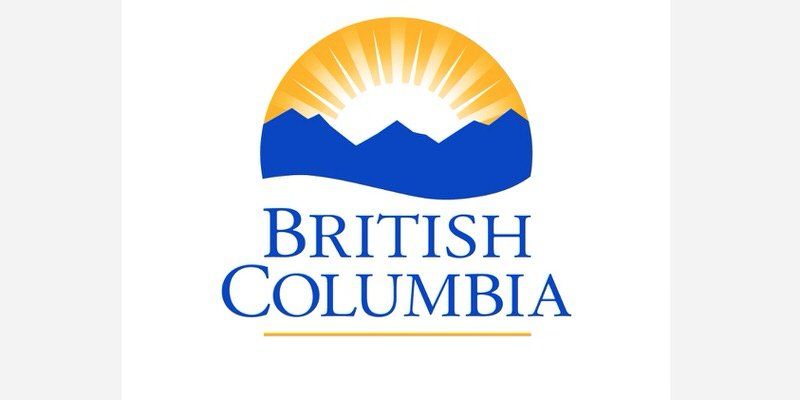Increased Home Owner Grant Threshold in 2017
The Government of British Columbia just released news that they have increased the home owner grant threshold from $1.2M to $1.6M, a 33% increase over last year. The goal is to help keep property taxes affordable, this recent move will help ensure all those who received the grant in 2016 will also receive it in 2017. The following explanation is taken directly from the BC Government website.
The Province is increasing the home owner grant threshold to $1.6 million, helping keep property taxes affordable for families and ensuring most home owners will continue to receive the full grant this year, Finance Minister Michael de Jong announced today.
“This is a 33% increase over last year,” said de Jong. “We are doing our part to help keep housing costs affordable for families. Local governments can also work to keep property taxes at a manageable level for residents by controlling their spending and reigning in the amount of revenue they need to operate.”
The Province is projected to spend $821 million on home owner grants in 2017-18, compared to an estimated $809 million in 2016-17. The Province reimburses municipalities for the full cost of the home owner grant to ensure municipal revenues are not affected.
“The threshold increase to $1.6 million helps ensure virtually everyone who received the grant last year will also receive it in 2017. The strength of the Province’s economy and sound fiscal management have put us in a position to raise the threshold by such a large amount this year to help home owners.”
The increase to the 2017 home owner grant threshold means that provincewide, 91% of homes will remain below the threshold and if eligible, their owners will receive the full grant amount. In many communities throughout the province, most or all homes are covered by the threshold. In Metro Vancouver, 83% of homes will be below the threshold. For properties assessed above this threshold, the grant is reduced by $5 for every $1,000 of assessed value in excess of the threshold.
There are two types of home owner grants:
- The basic grant can reduce residential property taxes on an owner’s principal residence by up to $570, or if the home is located in a northern and rural area, up to $770.
- An additional grant is available to home owners 65 years of age or older, or who qualify under the persons with disabilities category, or who are the surviving spouse of a veteran who received certain war-veteran allowances. This additional grant can reduce residential property taxes on an owner’s principal residence by up to $845, or if the home is located in a northern and rural area, up to $1,045.
Low-income home owners who would have received the additional home owner grant can apply for a low-income supplement, which replaces any reduction in the grant caused by having a property valued over the threshold. The low-income supplement is available to qualifying seniors, certain veterans or their surviving spouse and persons with disabilities.
Property tax deferment is another option that can help make home ownership more affordable. Property tax deferment is a low-interest loan program that allows qualifying B.C. home owners to use the equity in their homes to defer payment of their annual property taxes. Qualifying home owners can defer all, or a portion of, the annual property taxes on their principal residence.
Quick Facts:
- Decisions about the threshold are based on BC Assessment data, and are made in the context of setting priorities within a balanced budget.
- Home owners who qualify for the home owner grant are Canadian citizens or permanent residents of Canada who live in British Columbia. Grants are only available for an owner’s principal residence.
- Home owner grant thresholds in recent years:
- 2016: $1.2 million
- 2015: $1.1 million
- 2014: $1.1 million (threshold lowered as a cost-savings measure)
- 2013: $1.295 million
- 2012: $1.285 million
- 2011: $1.15 million
- 2010: $1.05 million
Learn More:
For more information about home owner grants, visit: http://www2.gov.bc.ca/gov/content/taxes/property-taxes/annual-property-tax/reduce/home-owner-grant/under-65
or contact your municipality or the Province if your property is in a rural area.
For more information about property tax deferment, visit: http://www2.gov.bc.ca/gov/content/taxes/property-taxes/annual-property-tax/pay/defer-taxes
or call 250 356-8121 (Victoria) or 1 888 355-2700 (toll-free in B.C.)
Katherine Martin
Origin Mortgages
Phone: 1-604-454-0843
Email: kmartin@planmymortgage.ca
Fax: 1-604-454-0842
RECENT POSTS







